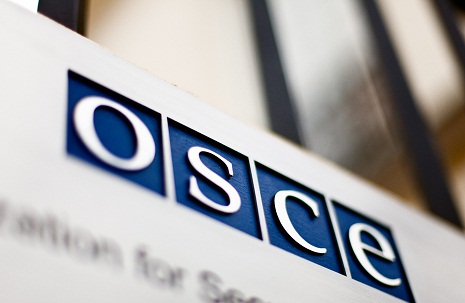During the meeting, the co-chairs Igor Popov of the Russian Federation, James Warlick of the United States of America, and Pierre Andrieu of France expressed to the minister serious concern about reported incursions across the line of contact and the Armenia-Azerbaijan border, resulting in casualties.
“The rise in violence that began last year must stop for confidence to be restored and progress to be made in the Nagorno-Karabakh peace process,” said the message.
“We called on Azerbaijan to observe its commitments to a peaceful resolution of the conflict. We also call on Armenia to take all measures to reduce tensions.”
“All sides must abide by the terms of the ceasefire agreement. Violence undermines efforts to bring about peace,” said OSCE MG co-chairs.
The co-chairs discussed with the minister possible next steps in the peace process, including comprehensive negotiations that can lead to a lasting settlement which would benefit all the people of the region.
Moreover, during the meeting, the co-chairs reminded the minister of their mandates and expressed concern about voices critical of the ongoing negotiation process, the role of the Minsk Group co-chairs, and the duties of OSCE monitors.
They emphasized the importance of measures aimed at avoiding unintended incidents along the line of contact and Armenia-Azerbaijan border.
The sides discussed the implementation at the earliest opportunity of the sides’ agreement to exchange data on missing persons under the aegis of the ICRC.
The co-chairs plan to meet with Foreign Minister of Armenia Edward Nalbandian in the near future and then travel to the region, said the message.
The conflict between the two South Caucasus countries began in 1988 when Armenia made territorial claims against Azerbaijan. As a result of the ensuing war, in 1992 Armenian armed forces occupied 20 percent of Azerbaijan, including the Nagorno-Karabakh region and seven surrounding districts.
The two countries signed a ceasefire agreement in 1994. The co-chairs of the OSCE Minsk Group, Russia, France and the US are currently holding peace negotiations.
Armenia has not yet implemented the UN Security Council`s four resolutions on the liberation of the Nagorno-Karabakh and the surrounding regions.
More about:
















































